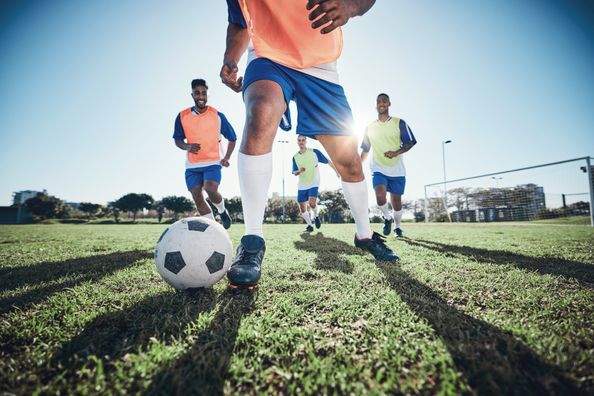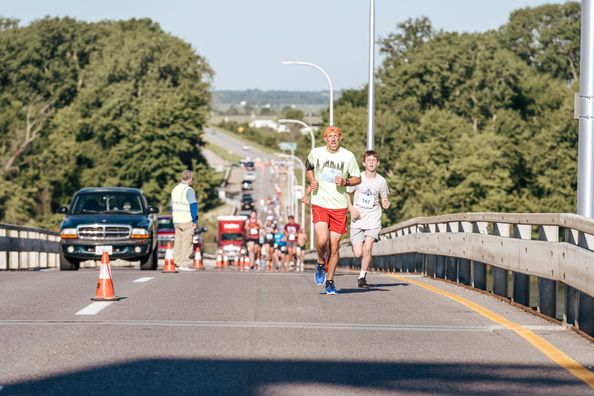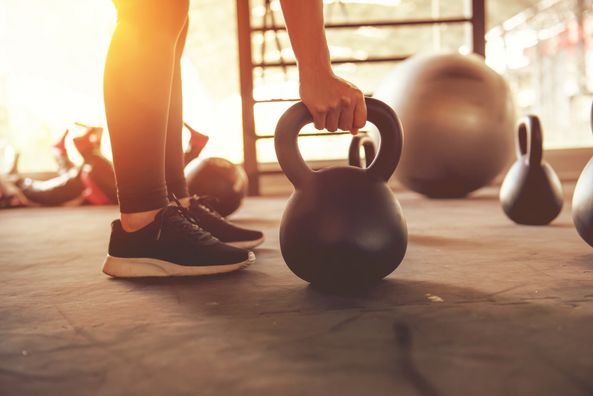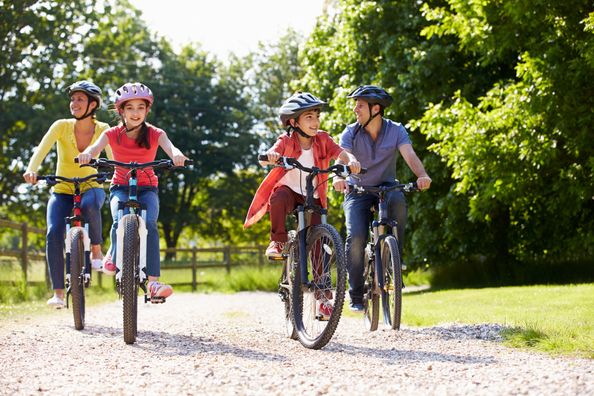What is typically a busy season for many youth athletes in the area has come to a halt. Ongoing concerns surrounding COVID-19 have led to the cancellation or postponement of many spring and summer sports.
Quincy Medical Group (QMG) Sports Medicine Coordinator Ashley Hackmann said though this time has left young athletes without their sport, there are several ways to make the most of the time to stay game ready.
“Champions are made in the off-season and we’re all in the off-season together right now,” Hackmann said. “Do something to keep yourself active. Go for a walk or jog, ride your bike, or participate in an online exercise class. Anything to keep yourself moving!”
Hackmann said doing little things now to stay active will make a big impact when athletes are allowed to return to their sport. This includes performing drills focusing on both form and fundamentals.
“Now is the time to continue doing all of those drills your coaches have you do at the beginning of practice. Your coaches choose specific footwork, throwing, and agility drills to prepare you to compete and focus on muscle memory. Get outside, enjoy the beautiful weather, and get creative!”
When it comes to working out, power/strength athletes should focus on using heavier weights with lower reps combined with jumping, agility drills, and sprints. Endurance athletes should focus on lower weights with higher reps, longer bouts of cardio work, and agility drills depending on their sport.
“A mix of cardio and weights is the way to go. If free weights or exercise equipment are not readily available, there are plenty of body-weight exercises that can easily be done including sit-ups, push-ups, pull-ups, lunges, and squats,” Hackmann shared.
All exercise not only benefits athletes’ physical health but their mental health, as well. Hackmann said staying active can help boost your mood and help you cope with feelings of disappointment.
“Exercise is a scientifically proven mood booster, decreasing symptoms of both depression and anxiety,” she explained. “Physical activity kicks up endorphin levels, the body’s ‘feel-good’ chemical produced by the brain that produces feelings of happiness and euphoria.”
Added mental benefits include a reduction in stress levels, increased self-esteem, and a boosted brainpower to help with memory, learning, creativity, and mental energy.
When it comes time to get back to the field, track, or court, Hackmann added focusing on overall physical fitness will also help prevent injuries.
For more information on Quincy Medical Group Orthopedics and Sports Medicine department or Sports Injury Clinic, visit quincymedgroup.com or call 217−222−6550, ext. 3282.
Learn more about QMG Ortho Now, which offers immediate access to expert orthopedic care, at https://quincymedgroup.com/qmgorthonow/.
Health Topics:





